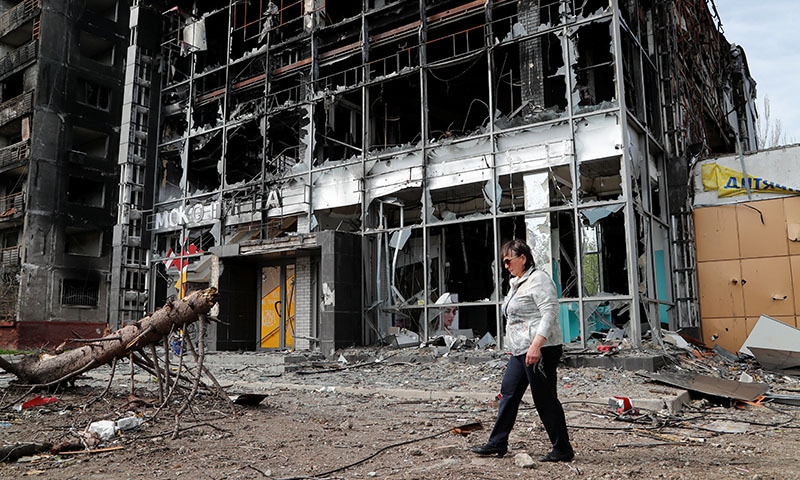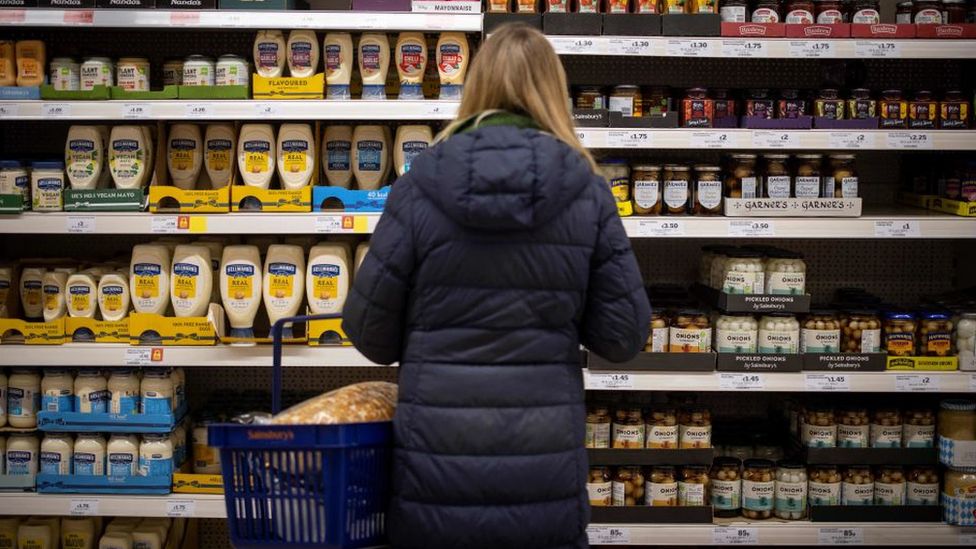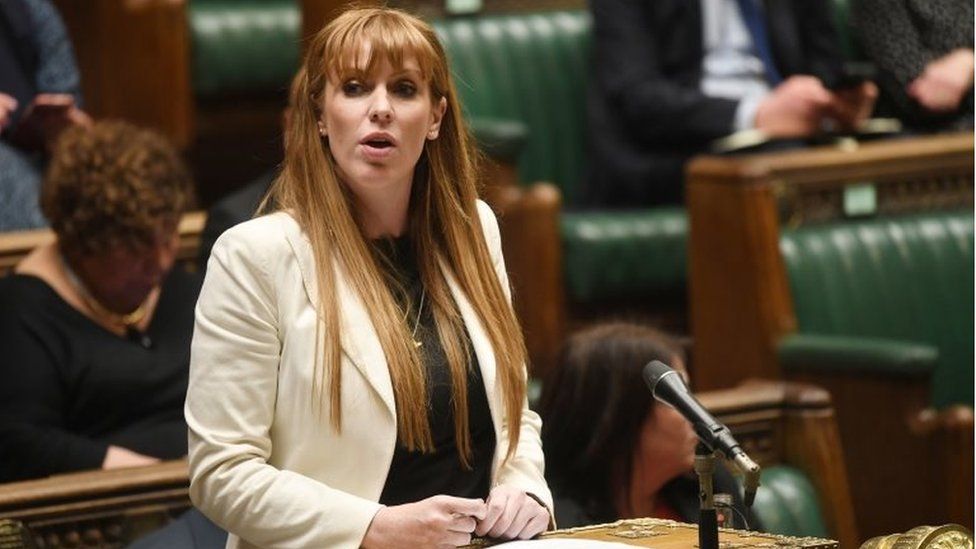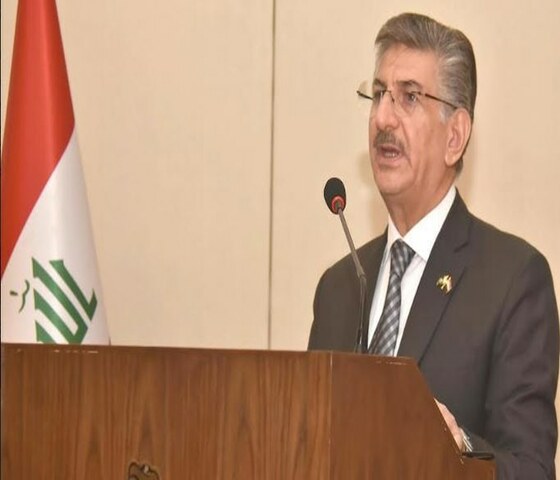The panel of three judges also sentenced seven other defendants to 18 years in jail each on charges of aiding the attempt to topple the government.
The judgement is almost certain to attract a chorus of condemnation from Turkey’s main allies in the Nato defence alliance.
The court’s ruling drew boos from a packed audience that included Western diplomats who have been trying to stress the importance of rights issues and judicial independence in their relations with Ankara. Emma Sinclair-Webb of Human Rights Watch called it “the worst possible outcome to this show trial”.
“Today, we have witnessed a travesty of justice of spectacular proportions,” Amnesty International’s Europe director Nils Muiznieks added. Kavala’s attorneys immediately vowed to appeal.
‘Conspiracy theories’
The Paris-born philanthropist told the court by video link form his high-security prison near Istanbul that he viewed the entire process as a “judicial assassination”.
“These are conspiracy theories drafted on political and ideological grounds,” Kavala told the court moments before the sentence.
The three judges took less than hour to issue their sentence in one of Turkey’s most high-profile trials in years.
The marathon hearing has been gnawing on Turkey’s strategic but tempestuous ties with its main Western allies since Kavala’s unexpected arrest in Oct 2017.
The 64-year-old was then best known as a soft-spoken businessman who was using a part of his wealth to promote culture and projects aimed at reconciling Turkey and its arch-nemesis Armenia.
But President Recep Tayyip Erdogan portrayed him as a leftist agent of the Hungarian-born US billionaire George Soros who was accused of using foreign money to try and topple the state.
“We can never be together with people like Kavala,” Erdogan declared in 2020.
Alternating charges
Tens of thousands of people ended up being jailed or stripped of their government jobs in the purges that followed the coup attempt. But the seemingly arbitrary nature of the alternating charges filed against Kavala made him into a symbol for international rights groups — as well as Western governments — of Erdogan’s increasing authoritarian streak in the second decade of his rule.
Kavala was first charged with funding a wave of 2013 protests that some analysts view as the genesis of Erdogan’s more authoritarian streak in the latter half of his 20-year rule. That count did not stick.
A court acquitted and released him in February 2020 — only for the police to arrest him before he had a chance to return home to his wife.
Another court then accused him of being involved in the failed but bloody 2016 coup attempt that unleashed a years-long crackdown in which tens of thousands were either jailed or stripped of their government jobs. Kavala ultimately ended up being charged with both counts.
His treatment prompted the Council of Europe to launch rare disciplinary proceedings that could ultimately see Turkey’s membership suspended in the continent’s main human rights grouping.











